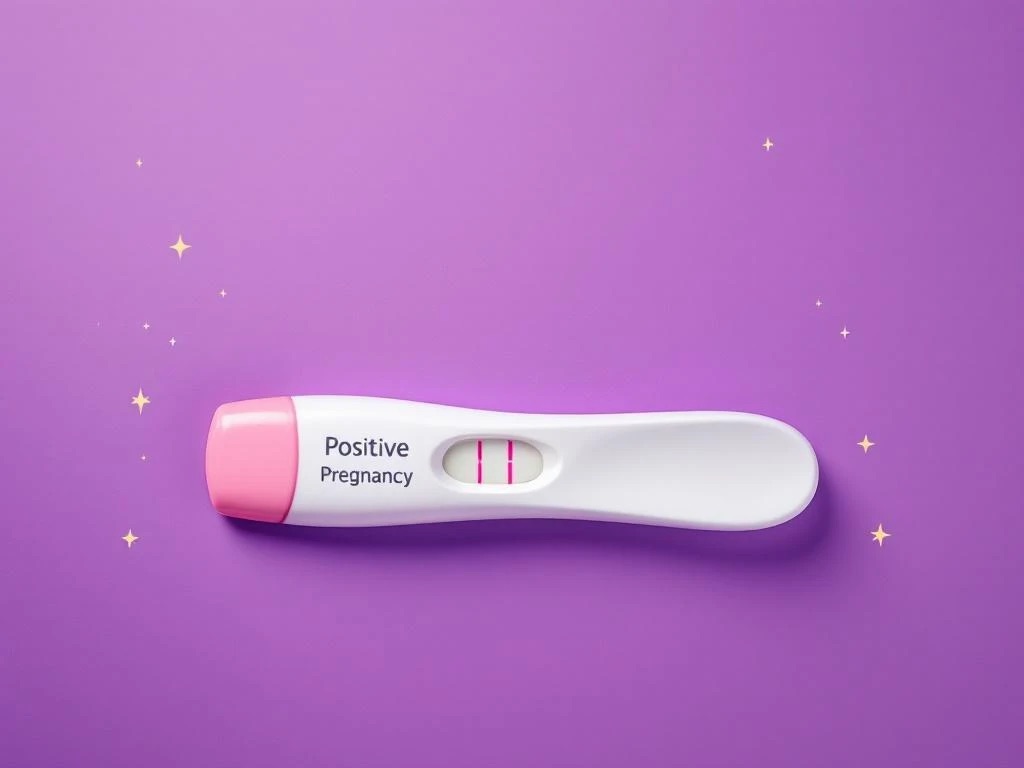Your Uterus Is Listening: The Science of Mind-Body Fertility Connection
May 27, 2025

Your Uterus is Listening: The Science of Mind-Body Fertility Connection
When it comes to fertility, we've been conditioned to focus almost exclusively on physical factors—hormone levels, egg quality, and reproductive organ health. However, a powerful piece of the fertility puzzle often goes unexplored: the fertile mindset. As Lindsay Goodwin explains in her latest Fertile Frequencies Radio episode, your mind plays a crucial role in creating the optimal environment for conception.
The Fertile Mindset
The concept of a "fertile mindset" isn't just positive thinking or the frustrating advice to "just relax." Instead, it represents a deep understanding of how your subconscious beliefs, thought patterns, and emotional state directly impact your physical body—including your reproductive system. Science increasingly supports this mind-body connection, showing how stress hormones like cortisol can disrupt reproductive hormones and create an environment that's less conducive to conception.
Your brain serves as the control center for your entire body, communicating constantly with your reproductive organs. When you repeatedly tell yourself that you can't conceive or don't trust your body, your cells are listening. This isn't metaphorical—it's biological. Your endocrine system, which regulates hormones, responds to the messages your brain sends. If those messages are filled with doubt and fear, your body reacts accordingly, potentially hindering your fertility.
What makes this connection even more profound is that over 90% of our thoughts occur at the subconscious level. We're often unaware of the limiting beliefs and negative self-talk running in the background of our minds. These subconscious patterns, often rooted in past trauma or conditioning, can create fertile soil or rocky ground for your conception journey.
The Keys To Mastering Your Fertile Mindset
Mastering your fertile mindset involves several key components. First, you must become aware of your thoughts about fertility and your body's capabilities. Second, you need tools to transform those thoughts through practices like meditation, visualization, and connecting with your reproductive organs through writing or communication exercises. Finally, you must understand how stress affects your hormonal balance and learn techniques to manage it effectively.
The beauty of working with your mindset is that it empowers you on your fertility journey. Rather than feeling like a passive participant waiting for medical interventions to work, you become an active creator in your fertility process. This empowerment alone can transform how you experience your journey, regardless of the timeline to conception.
As Lindsay shares from her nearly 20 years of experience integrating science and spirituality in fertility work, the mindset transformation that occurs during a fertility journey can lead to profound personal growth. Many who struggle with fertility ultimately express gratitude for the awakening and self-discovery the journey brought them, even through the tears and frustration along the way.
Your Body Is Listening
If you're currently navigating your fertility path, consider how your thoughts might be shaping your experience. Are you cultivating fertile soil in your mind through self-compassion, trust, and possibility? Or are weeds of doubt, fear, and pressure taking root? Remember that your cells are listening to every thought, and your reproductive system is part of that audience. By mastering your fertile mindset, you're not just improving your chances of conception—you're reclaiming your power and transforming your entire well-being in the process.
More Supportive Links:
- Apply for Private Fertility VIP 1:1 Fertility Support with Lindsay here
- Book a spirit baby reading for clarity
- Lindsay's Fertility Book on Amazon: Spirit Babies & The Fertile Mind
Please Note: The contents of this podcast are intended for educational and informational purposes only. The information provided should not be construed as clinical advice, used as a substitute for professional healthcare guidance, or for discontinuing medical care or treatment. Always consult a qualified medical professional or healthcare provider for personalized medical advice, diagnoses, or treatment.







